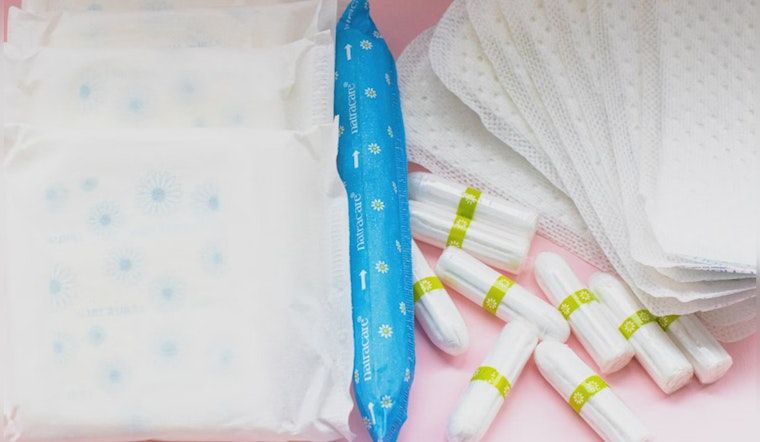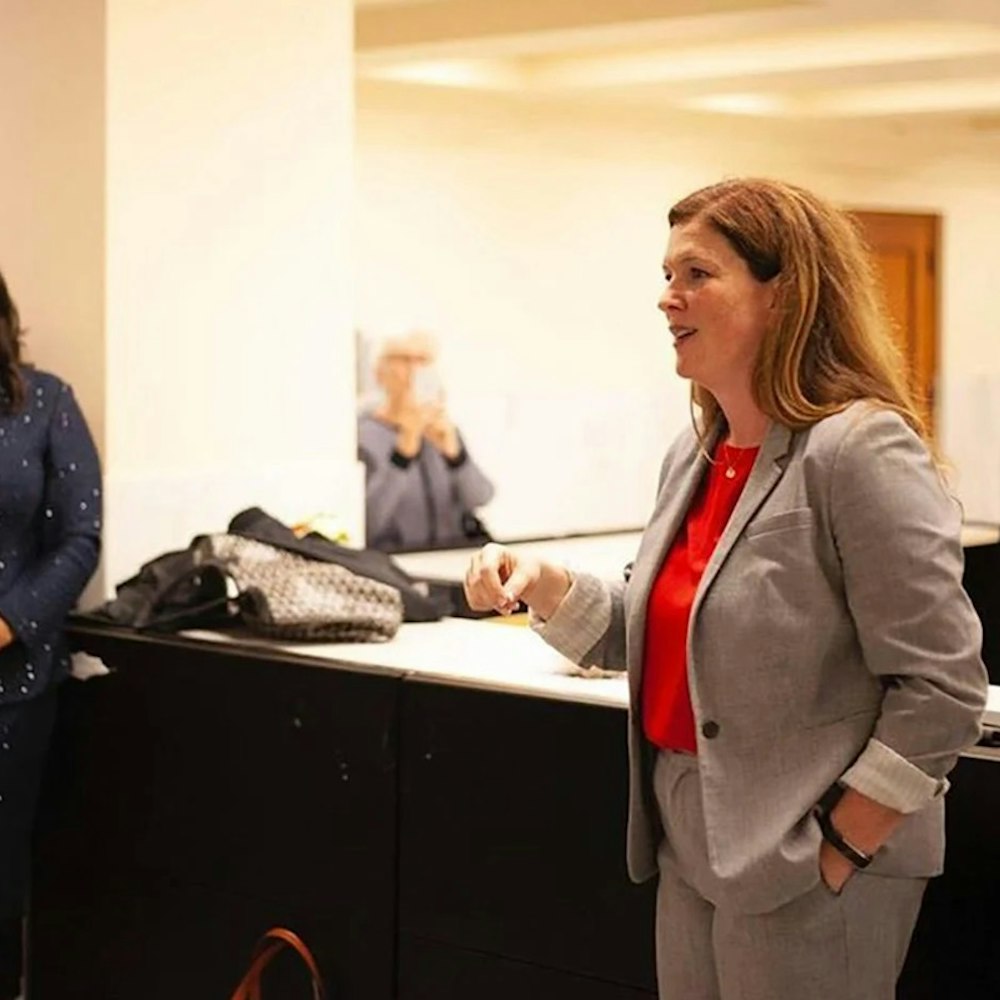
Tennessee legislators are tackling what some might consider a delicate issue, but one that could have significant implications for students across the state. Lawmakers are pushing a bill that aims to make menstrual products readily available for free in public schools, an initiative they believe could decrease school absenteeism and address a critical need. State Representative Elaine Davis, R-Knoxville, and Senator Raumesh Akbari, D-Memphis, have spearheaded the charge, proposing legislation that would ensure access to necessary feminine hygiene products in girls' bathrooms, locker rooms, and school nurses' offices.
According to a report from FOX 17, Davis' proposal involves implementing a 20 percent tax on menstrual products as a means to fund this initiative. While some may shy away from discussing the topic, Davis insists it's vital for young women's health and education. As she and her colleagues have pointed out, studies indicate that one in four students have missed school due to lack of access to these essential items.
The bills in question, SB 2728 and HB 2207, not only span both chambers of the Tennessee legislation, but they also have garnered bipartisan support, signaling a shared recognition of the basic needs of students. As reported by WBIR, the "Menstrual Hygiene Products Accessibility Act" will cover public and charter high schools throughout Tennessee, providing the necessary products at no cost to the students.
However, the path to enacting this bill into law is not without its hurdles. The bill currently sits behind the budget, awaiting its turn to be considered for funding. As detailed by WDEF, the passage of the "Menstrual Hygiene Products Accessibility Act" hinges on this budgetary approval which, may determine when or if the bill's proposed benefits will reach Tennessee's schoolgirls. The potential delay raises questions about when the legislature will prioritize the bill's funding and, ultimately, how quickly the schools and their students can expect to see these changes implemented.
The conversation surrounding the provision of free menstrual products in schools transcends mere policy. It touches on broader issues of socio-economic disparity, gender equality, and the barriers that keep students from fully participating in their education. Lawmakers like Davis and Akbari seem committed to crossing party lines to address a fundamental need that, until now, has often been overlooked or mired in taboo. This legislation, when – and if – funded, has the potential to be a meaningful step toward leveling the playing field for students of all backgrounds in Tennessee's education system.



-2.webp?w=1000&h=1000&fit=crop&crop:edges)





